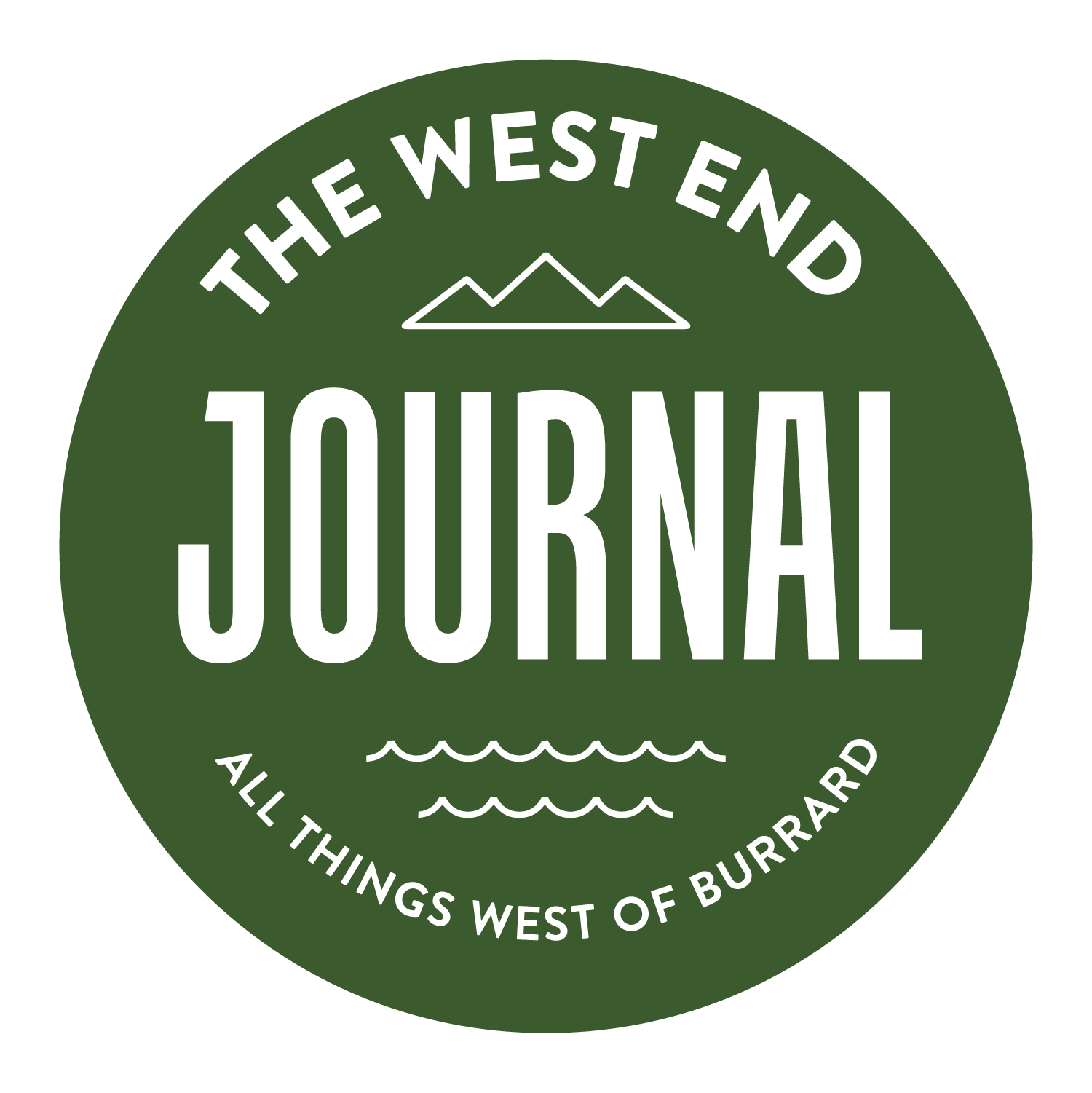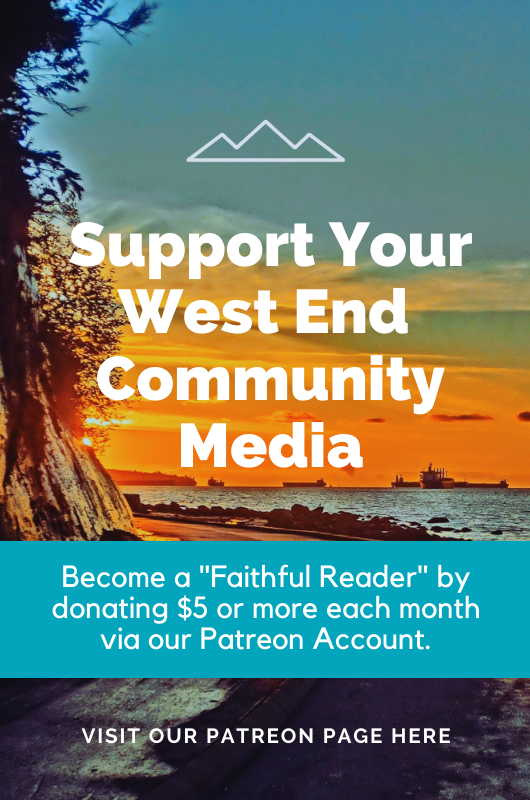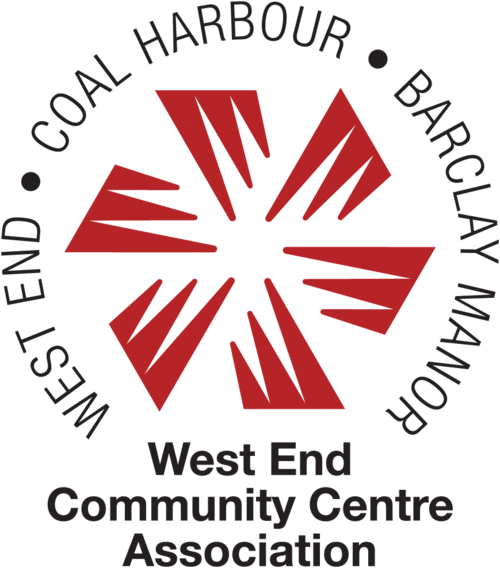WEST END VOICES
/WEBIA executive director Stephan Regan.
EMBRACING PATIO CULTURE IN A
CORONAVIRUS WORLD
by Stephen Regan
March 11, 2020, the day the global pandemic came to town.
In March, we were largely business as usual. If you lived or worked in the West End you knew you were in a special place nestled between Stanley Park, English Bay and the downtown Central Business District. A location the envy of neighborhoods across the region, across the country. The West End’s three main commercial streets, home to almost 500 businesses, were full of residents accessing a wide range of food, retail, and other services. Many businesses were well along in their plans to welcome an influx of visitors for special events and global travellers seeking to explore our parks, beaches, and culinary offerings.
An economic shutdown and months-long slow recovery due to a new, highly contagious virus was in no one’s plans.
Plans change. The West End’s commercial streets have a high proportion of restaurants, cafes and pubs - upward of 34 percent on a street like Denman. Many were forced to close temporarily. Those that could remain open pivoted almost exclusively to take-out. Governments at all levels were forced into action by the scope of the pandemic public health responses.
The first days and weeks were focused on developing relief programs for businesses forced to close or drastically reduce capacity. Rent relief, wage subsidy, and reducing property taxes were key government interventions at the federal and provincial levels. The City took aim in other areas like providing additional space for physical distancing by repurposing road space. Those first few months were surreal. By the time May rolled around, the City was looking to create more space for businesses, including restaurants and cafes. In May the West End Business Improvement Association (BIA) launched our We Are Take-Out program.
Patio culture caught on in the summer. The City launched its Temporary Expedited Patio Permit (TEPP) program in June and over the next three months the West End saw the creation of 24 new patios. This was on top of the three pilot curbside patios in the Davie Village area as part of a multi-year City pilot program.
Most of the temporary patios (permits were approved June 1 to October 31) were built out on the curb lanes of either Davie, Denman or Robson. A few were allowed to locate on the sidewalk, and two patios were extended in Jim Deva Plaza. Designs and building materials varied. The goal was to create safe, comfortable spaces that were affordable. The City waived its usual fees for accessing public space and the West End BIA provided $500 mini-grants to help restaurants offset the costs of materials.
Residents embraced the program and in an October 6 City staff presentation to City Council, it was reported that 83 percent of respondents to a City public life survey said they supported continuing temporary patios. Restaurateurs have been telling the West End BIA that these patios made a positive impact. While no restaurants reported business being up over last year, the West End BIA heard that these spaces helped bottom lines anywhere from five to 50 percent.
While these temporary patios permits were set to ‘expire’ on October 31, on October 6 Council voted to extend the program into the fall and winter. Can patio culture pivot into the fall and winter? The short answer is yes.
The challenges, however, are many. Not the least of which is that Vancouver is rather famous, perhaps infamous, for rain. Our wettest month historically is November. High winds and low temperatures are also on the weather menu during the fall and winter in Vancouver. With this in mind, BIAs across Vancouver are having conversations with City staff about options for adding cover over patios to deflect precipitation and partial sidings to block the wind.
City ‘winterization’ guidelines for TEPP currently allow umbrellas to protect patios from rain and portable propane heaters to cut the cold. We know that umbrellas and heaters don’t mix, so they will need to be kept apart and this will further limit the times when patios will operational. While we hope to see patios dotted with colourful umbrellas and portable heaters filled with customers on the more pleasant fall and winter days, we worry these days will be few and far between.
Most restaurant operators tell us they are willing to give this a try with their current patio designs, but are uncertain there will be enough good days to make the effort worth it. Umbrellas are generally good for providing protection from the sun. Heat from heaters will quickly dissipate in windy conditions. BIAs are therefore advocating to be able to work with select businesses to test a few designs for covered patios. We are looking at what others are doing with shipping containers to create pop-up spaces. We are talking with builders who have customized roof systems built from platforms that have the added bonus of helping get tables on level surfaces and feet off the wet pavement.
Keeping in mind that these spaces would need to provide adequate ventilation to minimize COVID transmission, we are cautiously optimistic we can find a couple of options that work. Patio culture will try to survive this fall and winter with the help of a community that is willing to brave the elements. We hope however that a legacy of this effort will be the creation of a few prototypes of covered patios that could lead to a whole new type of patio experience for Vancouver – winter patios!
Fingers crossed and stay tuned.
___________________________________________________________________
Stephen Regan is the executive director of the West End Business Improvement Association, which represents the interests of 700 commercial property owners and businesses on Davie, Denman and Robson Streets. Prior to joining the West End BIA Stephen was president & CEO of the Tourism Industry Association of BC (TIABC), and for ten years prior to TIABC Stephen worked at Tourism Vancouver in a number of senior positions and was active on a variety of external boards, committees and agencies, including the City Planning Commission, Canada Line Business Liaison Committee, and Vancouver Taxi Roundtable. He was a tourism sector liaison to the 2010 Bid Corporation. Stephen lives in Burnaby with his wife Susan and three daughters.









